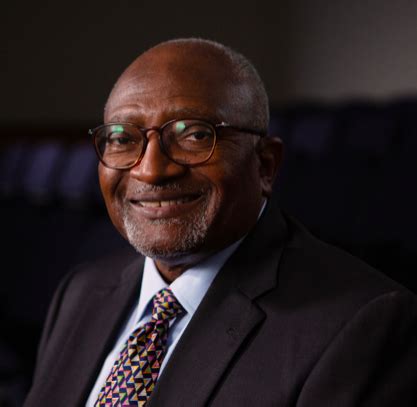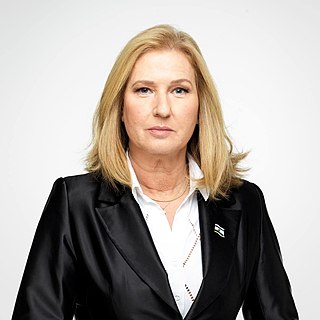A Quote by Gunnar Myrdal
Generally speaking, the less privileged groups in democratic society, as they become aware of their interests and their political power, will be found to press for ever more state intervention in practically all fields.
Related Quotes
Grassroots groups challenge the "business-as-usual" environmentalism that is generally practiced by the more privileged wildlife-and conservation-oriented groups. The focus of activists of color and their constituents reflects their life experiences of social, economic, and political disenfranchisement.
Commercial interests with their advertising industry do not want people to develop contentment and less greed. Military interests in economic, political, ethnic or nationalist guises, do not want people to develop more tolerance, nonviolence and compassion. And ruling groups in general, in whatever sort of hierarchy do not want the ruled to become too insightful, too independent, too creative on their own, as the danger is that they will become insubordinate, rebellious, and unproductive in their alloted tasks.
If a [democratic] society displays less brilliance than an aristocracy, there will also be less wretchedness; pleasures will be less outrageous and wellbeing will be shared by all; the sciences will be on a smaller scale but ignorance will be less common; opinions will be less vigorous and habits gentler; you will notice more vices and fewer crimes.
It is unfortunately none too well understood that, just as the State has no money of its own, so it has no power of its own. All the power it has is what society gives it, plus what it confiscates from time to time on one pretext or another, there is no other source from which State power can be drawn. Therefore every assumption of State power, whether by gift or seizure leaves society with so much less power; there is never, nor can be, any strengthening of State power without a corresponding and roughly equivalent depletion of social power.
Generally speaking, the political news, whether domestic or foreign, might be written today for the next ten years with sufficientaccuracy. Most revolutions in society have not power to interest, still less alarm us; but tell me that our rivers are drying up, or the genus pine dying out in the country, and I might attend.
The more you become a part of society, the less and less you are an individual, the less and less you are spontaneous - because the very membership in the society will not allow you to be spontaneous. You will have to follow the rules of the game. If you enter a society, you accept to follow those rules that the society is playing, or has decided to play.
Radical groups can become legitimate political players in the democratic process if they accept core democratic principles and abandon the use of force as a political tool. Or they can maintain armed terrorist militias in order to threaten their neighbors and intimidate their people. The international community should not allow them to do both.
... an essential feature of a decent society, and an almost defining feature of a democratic society, is relative equality of outcome - not opportunity, but outcome. Without that you can't seriously talk about a democratic state... These concepts of the common good have a long life. They lie right at the core of classical liberalism, of Enlightenment thinking... Like Aristotle, [Adam] Smith understood that the common good will require substantial intervention to assure lasting prosperity of the poor by distribution of public revenues.
I think some people have blind faith in American institutions without knowing a whole lot about them and think they will stand up to Donald Trump and are indestructible. I actually think democracy is not a definable and achievable state. Any country is either becoming more democratic or less democratic. I think the United States hasn't tended to its journey toward democracy in a long time. It's been becoming less democratic, and right now it's in danger of becoming drastically less democratic.
I have never said that human society ought to be aristocratic, but a great deal more than that. What I have said, and still believe with ever-increasing conviction, is that human society is always, whether it will or no, aristocratic by its very essence, to the extreme that it is a society in the measure that it is aristocratic, and ceases to be such when it ceases to be aristocratic. Of course I am speaking now of society and not of the State.




































